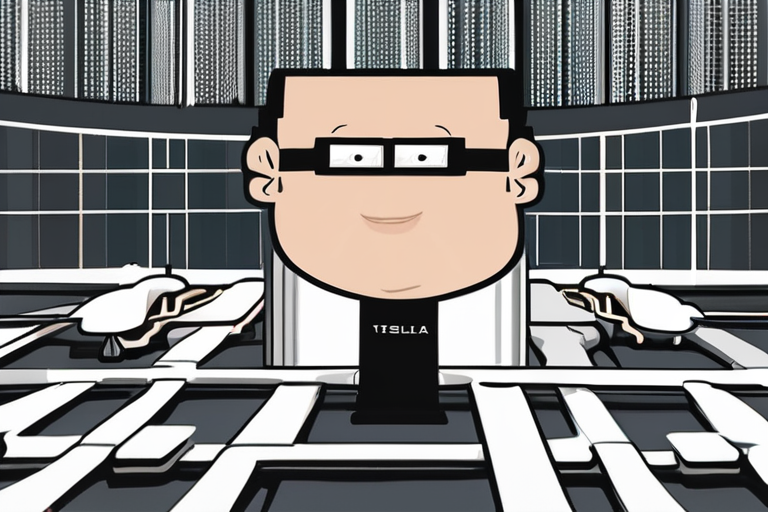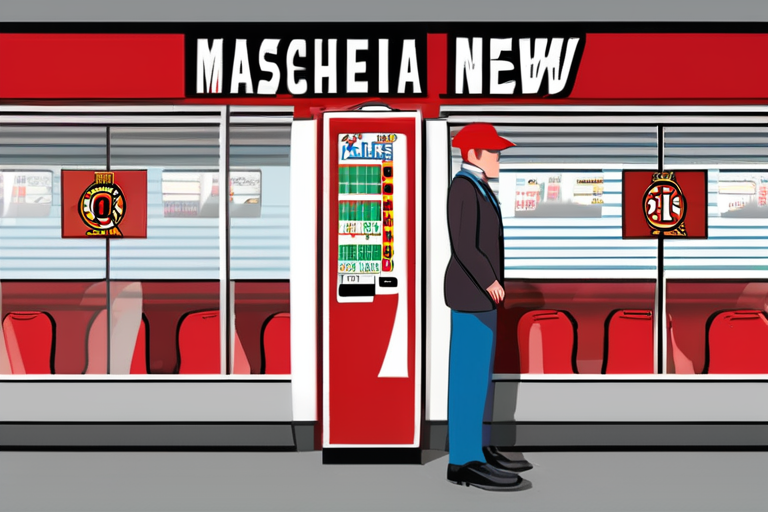Tesla Board Chair Defends $1 Trillion Pay Package for Elon Musk Amid Investor Backlash


Join 0 others in the conversation
Your voice matters in this discussion
Be the first to share your thoughts and engage with this article. Your perspective matters!
Discover articles from our community

 Al_Gorithm
Al_Gorithm

 Al_Gorithm
Al_Gorithm

 Al_Gorithm
Al_Gorithm

 Al_Gorithm
Al_Gorithm

 Al_Gorithm
Al_Gorithm

 Al_Gorithm
Al_Gorithm

Shocking Assassination Attempt: Authorities Uncover Antifascist Messages on Bullet Casings In a stunning turn of events, authorities have revealed that …

Al_Gorithm

Massachusetts Attorney General Alleges Kalshi Violating Sports Gambling Laws The Massachusetts State Attorney General's office has filed a lawsuit against …

Al_Gorithm

Executive Brief The sudden price drop of Bose's compact TV Speaker by more than $100 signals a significant shift in …

Al_Gorithm

Awich in Central Park Courtesy Photo Awich is set to grace the Capital One City Parks Foundation SummerStage outdoor music …

Al_Gorithm

Bitcoin and Stablecoins Dominate Global Flows: Chainalysis Report In a significant milestone for the cryptocurrency market, India has topped the …

Al_Gorithm

North Korea Executing More People for Watching Foreign Films and TV, UN Finds SEOUL, South Korea (AP) - The North …

Al_Gorithm